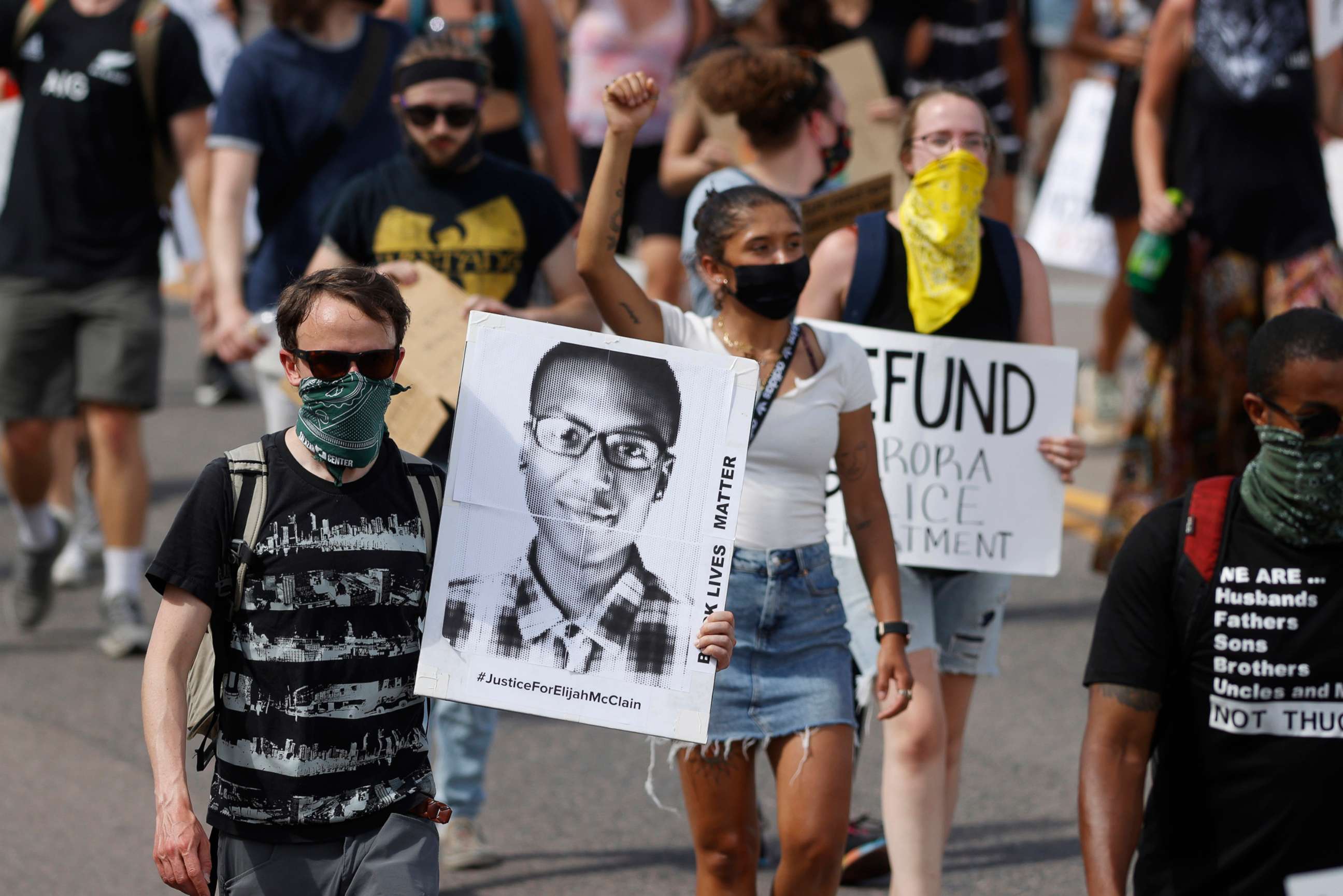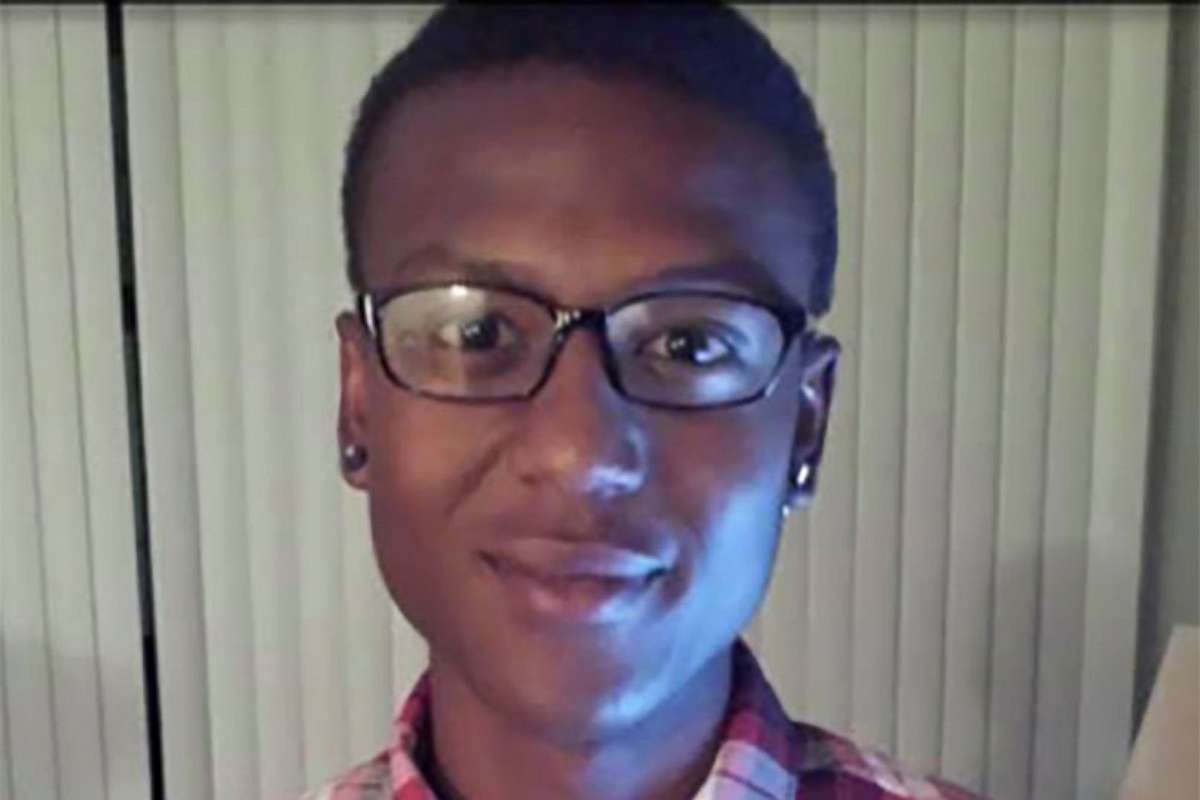Colorado attorney general opens grand jury investigation on death of Elijah McClain
Elijah McClain died in 2019 after being confronted by police.
The Colorado attorney general's office opened a grand jury investigation on the death of Elijah McClain, a 23-year-old who died after being apprehended by police as he was walking home from a convenience store.
"Our investigation will be thorough, guided by the facts and law, and worthy of the public’s trust. In order to maintain the impartiality and integrity of the process, we have no further comment at this time," Colorado Attorney General Phil Weiser said in a statement.
Public outcry about McClain's August 2019 death was reenergized last summer as Black Lives Matter protests developed after the death of George Floyd in police custody.
On the night of Aug. 24, 2019, around 10 p.m., McClain went to a convenience store near his home to buy some soft drinks. He was wearing a ski mask because, his family said, he had anemia, a blood condition that can make people feel cold more easily.
Someone called 911 to report a suspicious person while McClain was making his trip to the store. Referring to McClain, the caller described him wearing a mask and said he looked "sketchy" but added "he might be a good person or a bad person." When asked, the caller told the operator there were no weapons and no one was in danger. The operator said officers were on their way to check it out.

Officers Nathan Woodyard, Jason Rosenblatt and Randy Roedema stopped McClain on his way home, telling him he was "being suspicious," according to police body camera video.
McClain responded, "I have a right to go where I am going."
The officers immediately grabbed McClain, who repeatedly told them to let him go.
"I am an introvert. Please respect the boundaries that I am speaking," McClain pleaded. "I'm going home… Leave me alone. You guys started to arrest me, and I was stopping my music to listen."
McClain also told the officers, body camera video shows, that he was in pain and couldn't breathe. One of the officers could be heard saying in the video that they were using a "carotid," a type of chokehold that restricts the carotid artery, cutting off blood to the brain.
More officers arrived at the scene and multiple officers held McClain on the ground. At one point, the 23-year-old vomited.
When EMTs arrived, they gave him a shot of 500 milligrams of ketamine, a sedative. Soon after, McClain was loaded into the ambulance, where he had a heart attack.

After an investigation by the county's district attorney, the three officers did not face any charges.
In June, 10 months after McClain's death, Colorado Gov. Jared Polis announced he was appointing Weiser to investigate McClain's death and file charges if "the facts support prosecution."
"That’s why I have appointed a special prosecutor to investigate this case, and it’s why earlier this month we took a step in the right direction by signing sweeping bipartisan police reform legislation into law that has now established significant new accountability for officer-involved killings," Polis said at the time.
Also in June, the Aurora City Council banned the use of ketamine by first responders until an independent investigation into McClain's death is completed. Colorado health officials also said they would investigate the use of ketamine in the wake of McClain's death.
ABC News' Knez Walker, Candace Smith, Ignacio Torres, Deborah Kim, Allie Yang, and Anthony Rivas contributed to this report.




